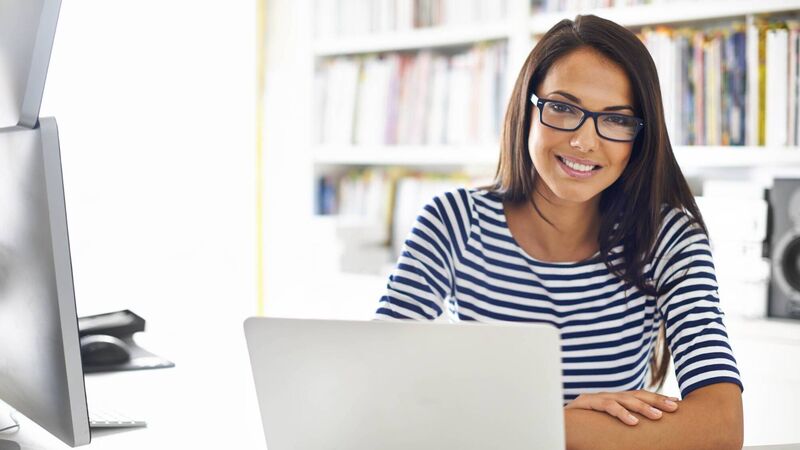Expert tips on how decluttering your home office can make you more productive at work

We have never asked so much from our personal space as we have in the past year
Try from €1.50 / week
SUBSCRIBE
We have never asked so much from our personal space as we have in the past year
We’re all aware of the notion that a cluttered desk is a sign of a creative mind, but what happens when that clutter overwhelms us in a space that now has to perform multiple functions?
What was once just a kitchen table in the past year has become a home office, a classroom, a social space, and so much more. We have never asked so much from our personal space.
CONNECT WITH US TODAY
Be the first to know the latest news and updates
Newsletter
The best food, health, entertainment and lifestyle content from the Irish Examiner, direct to your inbox.
Newsletter
The best food, health, entertainment and lifestyle content from the Irish Examiner, direct to your inbox.

Our team of experts are on hand to offer advice and answer your questions here
© Examiner Echo Group Limited